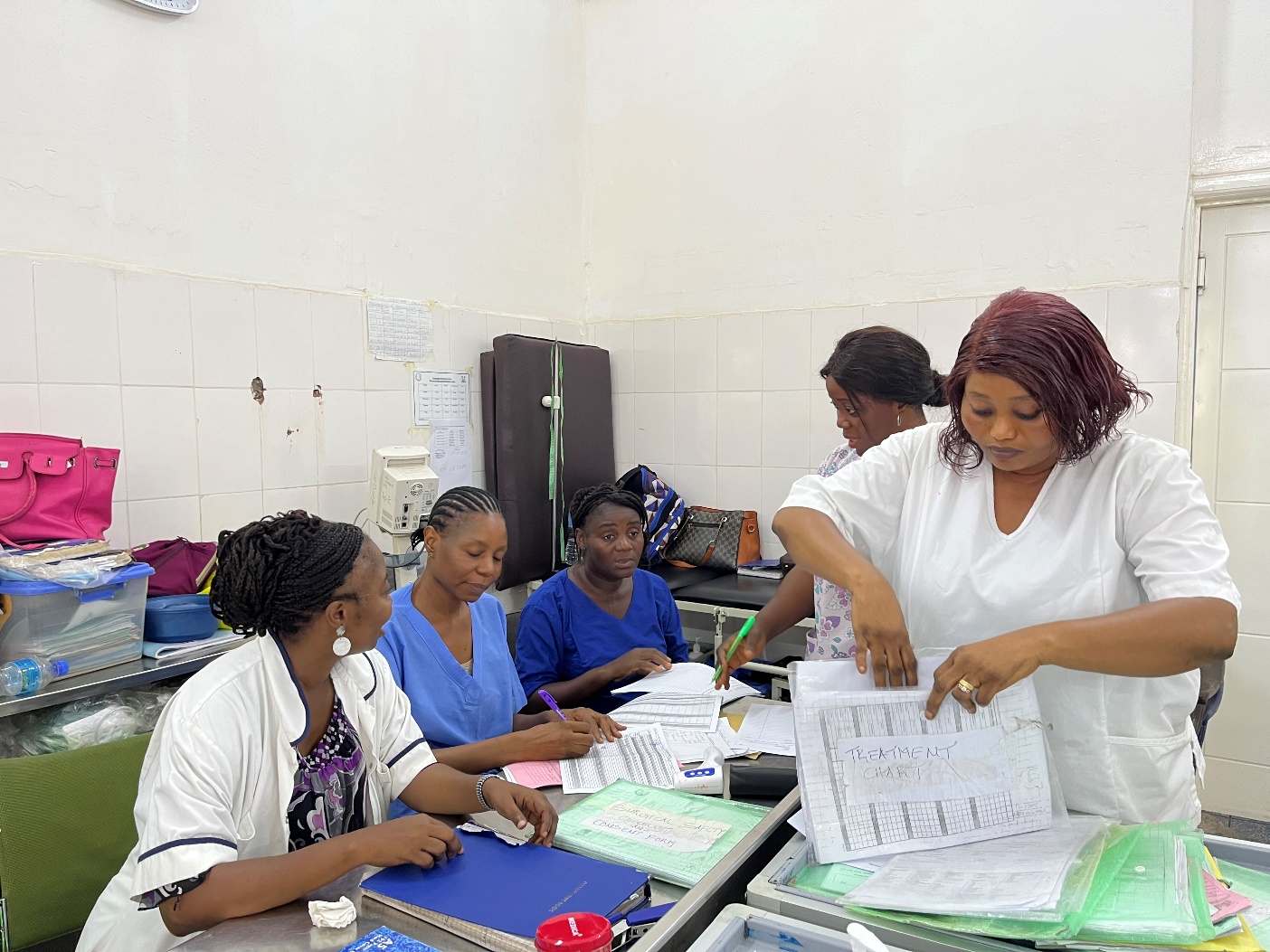By Benedict AbuBakarr Conteh
In Sierra Leone, mental health remains a deeply misunderstood issue. Many people suffering from depression, anxiety, or schizophrenia are labeled as “possessed” or “cursed” rather than receiving the medical help they need. As a result, individuals hide their struggles, and families resort to harmful traditional treatments instead of seeking professional care.
According to the Ministry of Health, nearly a national survey in 2002, indicates that 1 in 6 Sierra Leoneans suffers some form of mild depression and the prevalence of substance abuse and depression cases stood at 4%. However, due to cultural stigma, only a small fraction of these individuals seek medical assistance.
Fatmata Sesay, a 28-year-old living in Bo, struggled with depression for years. “I tried to talk to my family, but they told me to pray harder. When I couldn’t get better, they took me to a traditional healer who beat me to ‘remove the bad spirits.’” Fatmata’s story is just one of many where mental illness is mistaken for supernatural afflictions.
Community leaders, religious figures, and journalists play a crucial role in changing this narrative. Some churches and mosques have started incorporating mental health education into their teachings, while media platforms like Beline Media Empire are amplifying discussions on the subject.
Dr. Alice Koroma, a mental health advocate, emphasizes: “We need to use every platform available—radio, television, and social media—to educate people that mental illness is not a curse but a treatable medical condition.”
To break the cycle of stigma, Sierra Leone must increase awareness through national campaigns, expand mental health services by training more professionals and establishing counseling centers in local communities, and encourage open conversations to create safe spaces where individuals can share their struggles without fear of judgment.
Breaking the stigma around mental health is not an overnight process, but through continuous education and advocacy, we can create a society where seeking help is normalized. My work as a journalist is dedicated to ensuring that these important conversations continue and that no one has to suffer in silence.












0 Comments